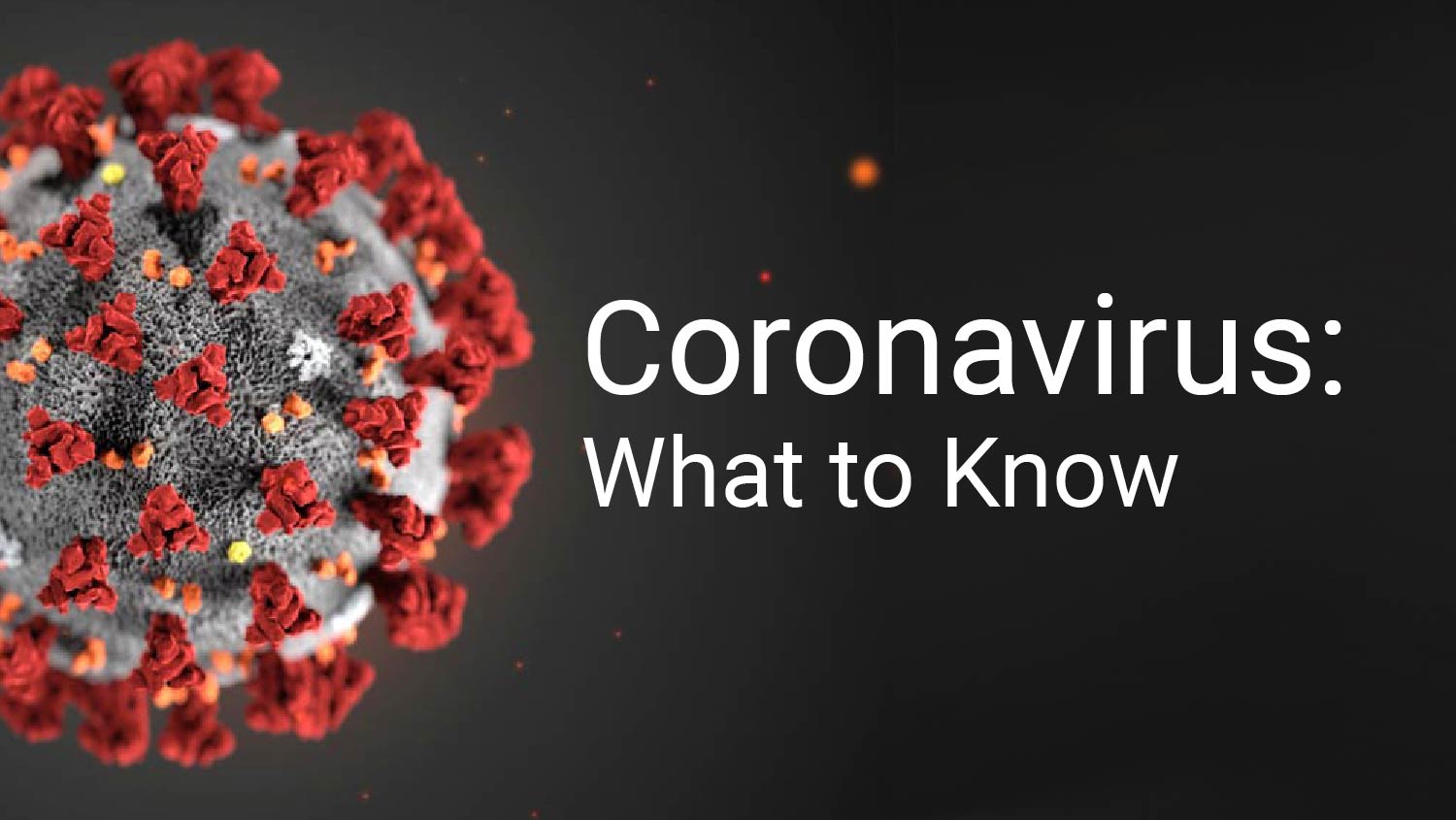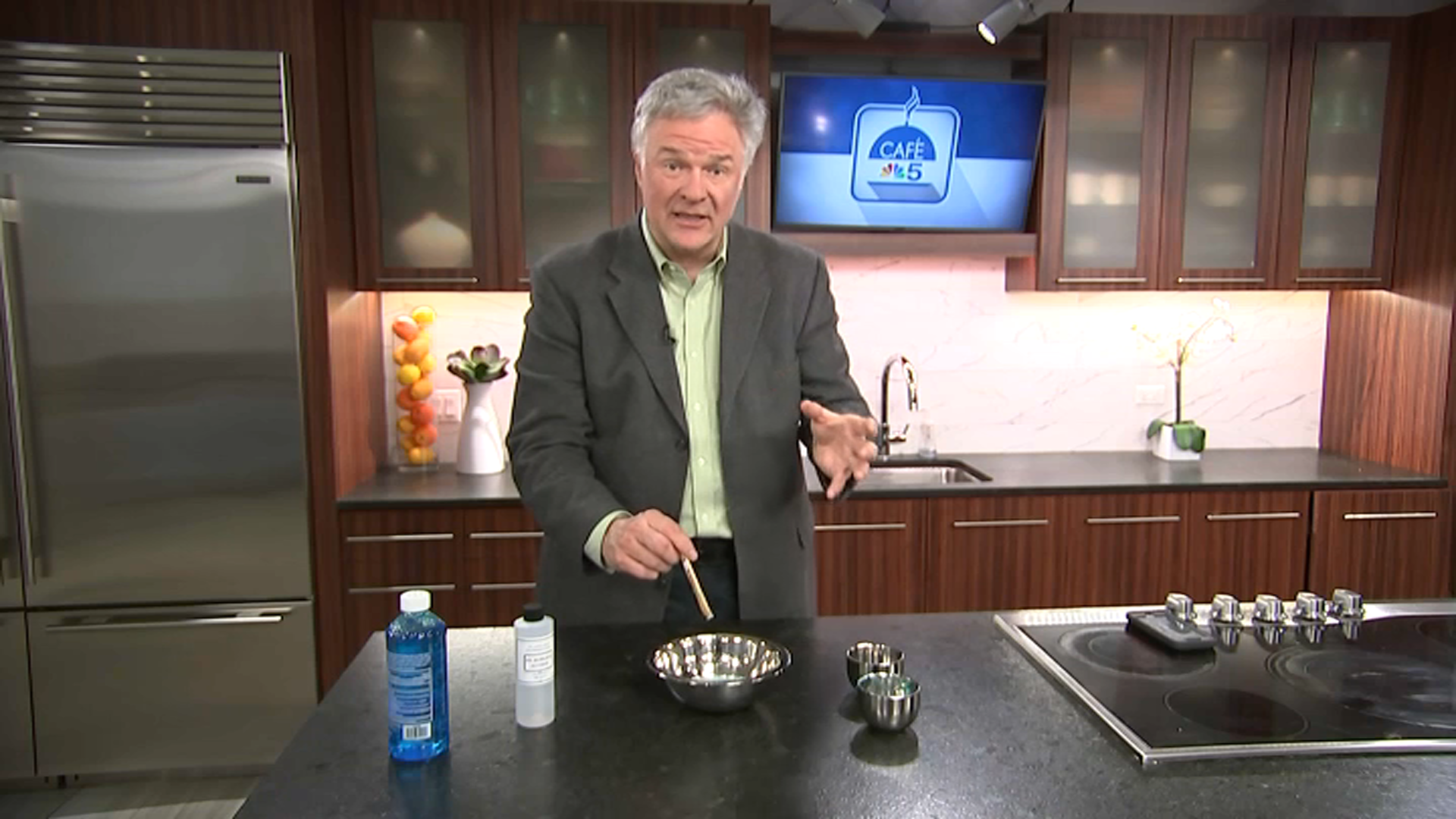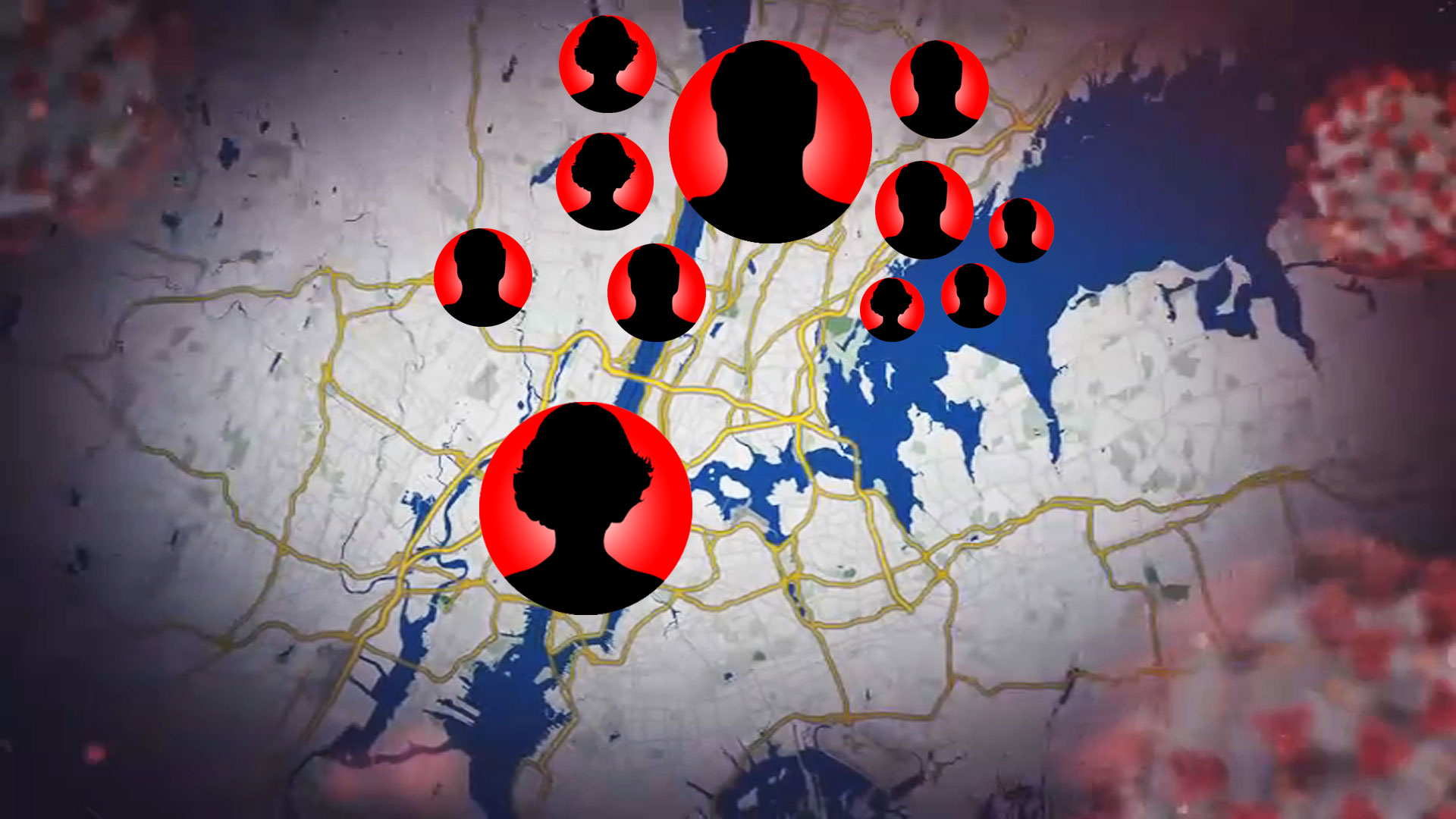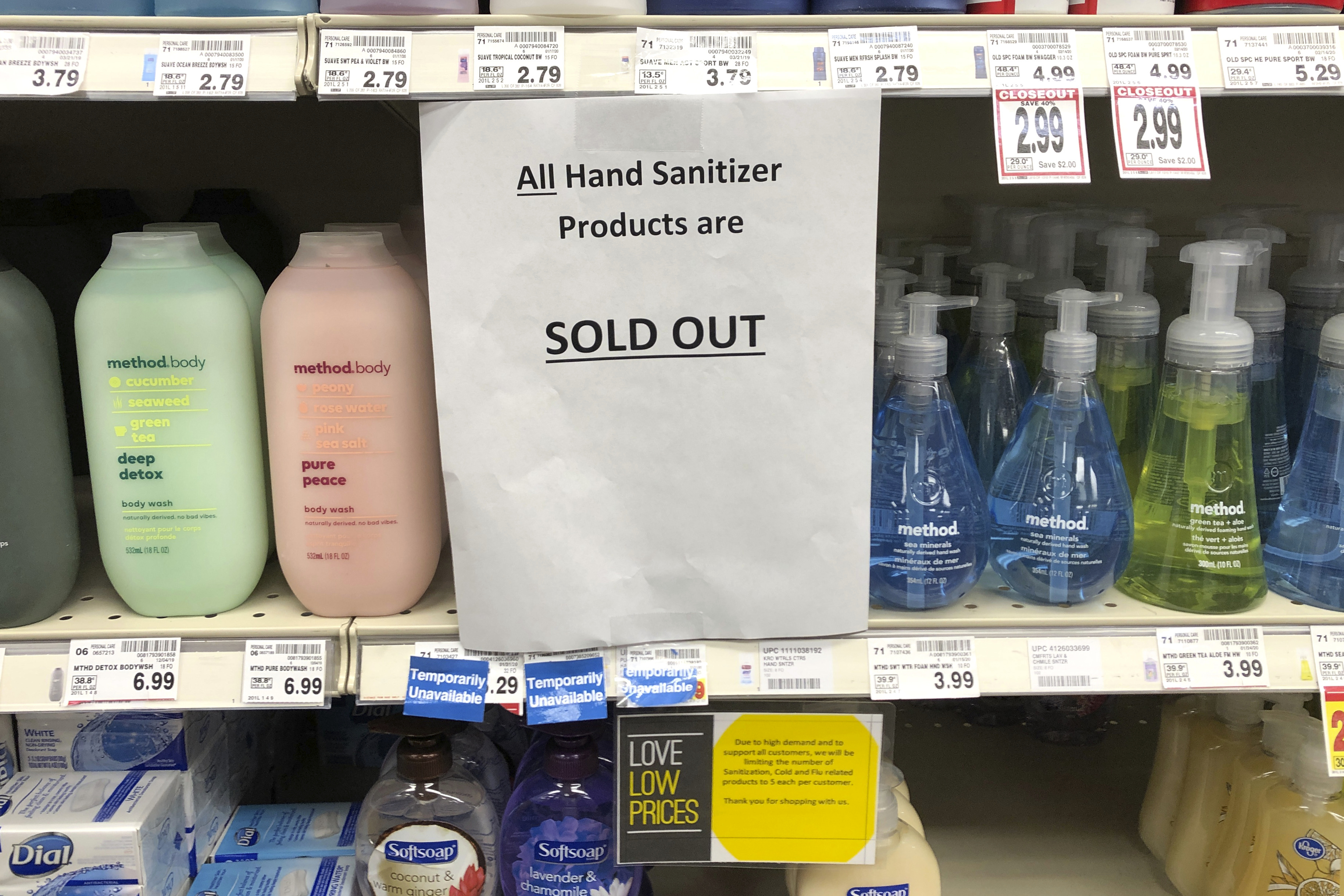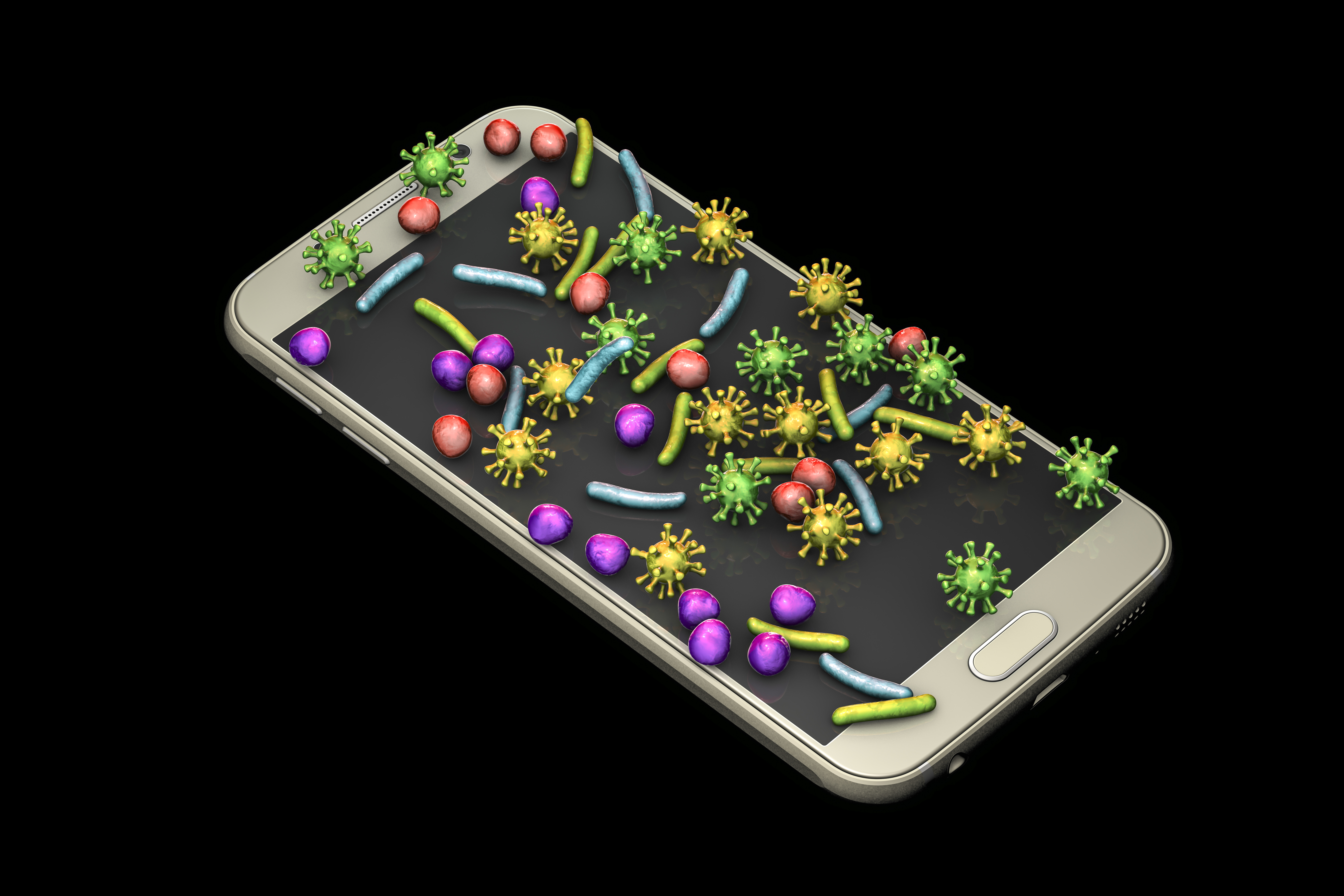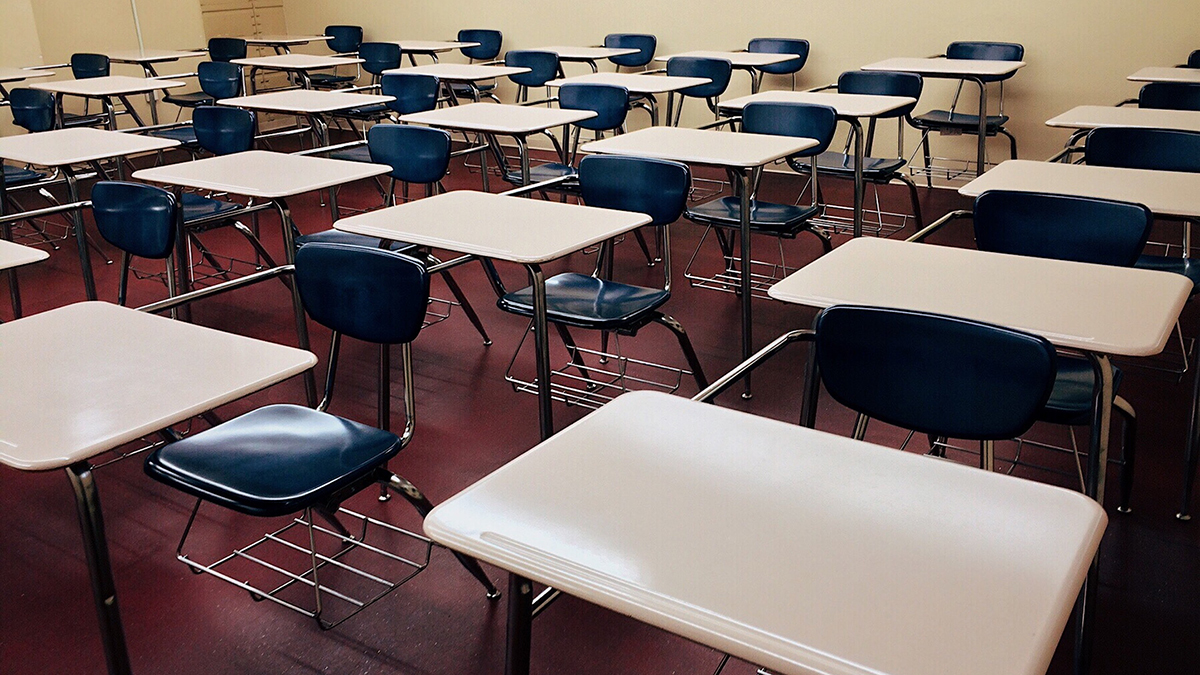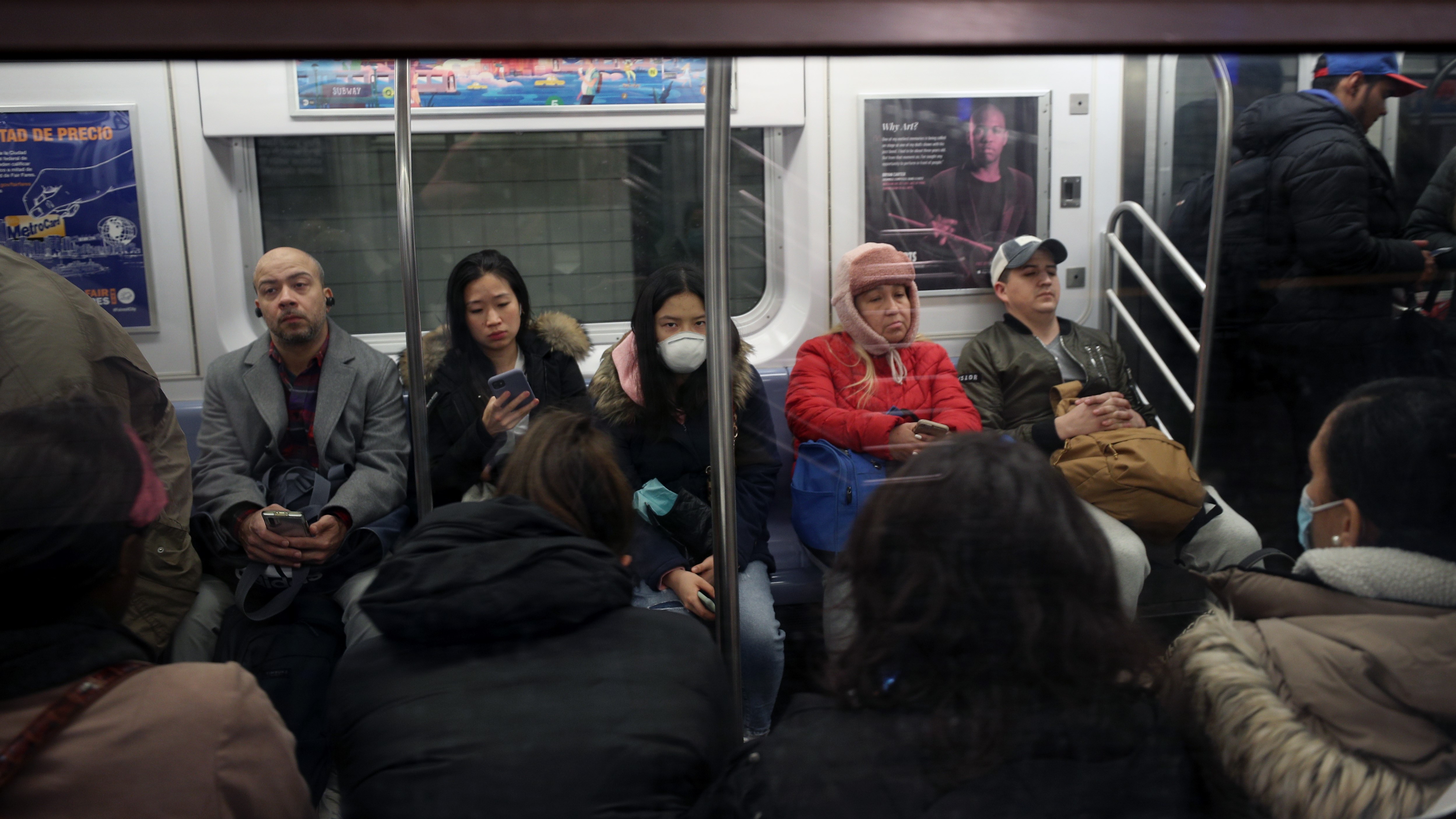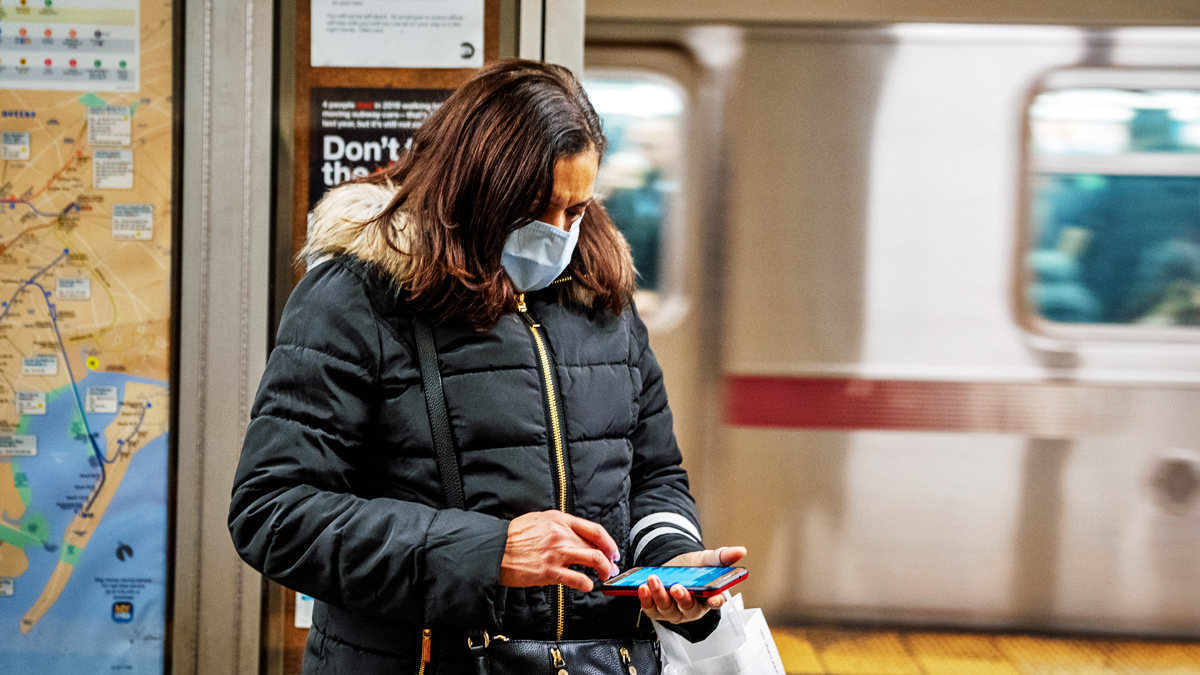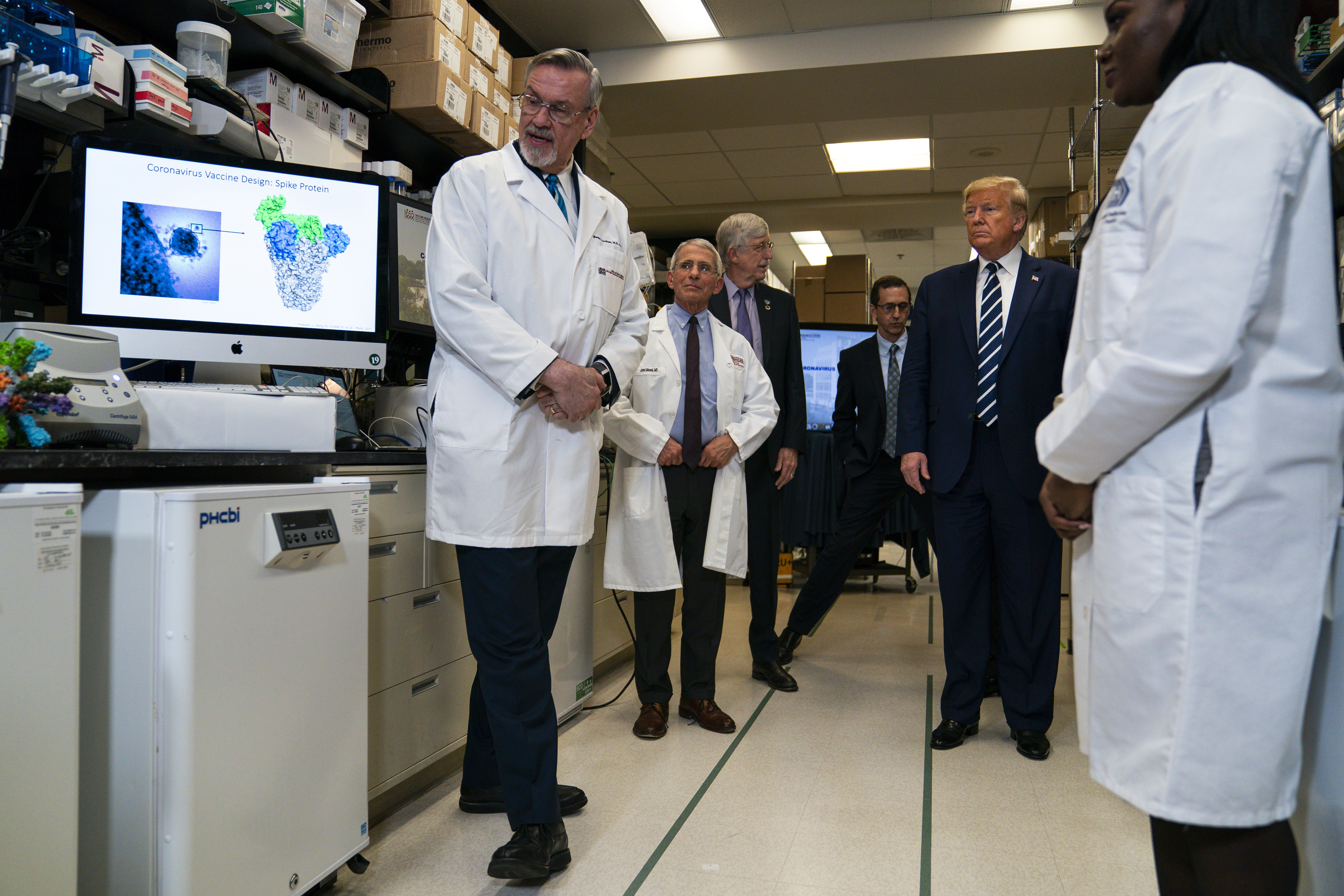What to Know
- The number of novel coronavirus cases in the tri-state area surged by 216 percent between late Friday and Monday afternoon, from 49 cases to 156
- New York was up to at least 143 cases statewide, 20 of them in the five boroughs, as of Monday evening; the lion's share of those cases are in Westchester County
- New Jersey had 11 positive samples that had been sent to the CDC for confirmation, and Gov. Murphy declared a state of emergency; Connecticut saw its second presumptive positive as well
UPDATE: NJ Announces 1st COVID-19 Death; NY Deploys National Guard to New Rochelle
The number of coronavirus cases in the tri-state area has tripled since Friday — surging from 49 cases to 156 — and leading New Jersey Gov. Phil Murphy to declare a state of emergency to declare a state of emergency.
As of Monday afternoon, New York has the most cases of COVID-19 in the country. That includes new cases in Westchester County, which has become one of the nation's biggest COVID-19 hotspots. One of those includes a medical professional at Westmed Medical Group in White Plains, a Monday evening memo from the company said. The man has been in self-quarantine since before he showed symptoms, and the Department of Health said no additional testing is necessary for any staff or patients who came in contact with him.
Among the new cases in New York City were a 7-year-old, an FDNY EMS and Port Authority of New York and New Jersey Executive Director Rick Cotton, government officials said Monday.
Department of Health Officials said that some who were in contact with Cotton should adhere to a 14-day quarantine policy, with March 6 being the earliest possibly date of concern for transmission. Port Authority noted that Cotton was not at the airport on Friday or over the weekend.
In addition to those, new instances include multiple cases in Brooklyn, Queens and the Bronx; and Nassau and Rockland counties, Gov. Andrew Cuomo and Mayor Bill de Blasio said Monday. Cuomo also confirmed Cotton was among the new positives and said he would be working from home. Cotton's senior team will also be tested, so several of them may be quarantined as well.
Of the eight new New York City cases announced Monday afternoon, one of the most notable is a 7-year-old Bronx girl who attends the Westchester Torah Academy, one of the schools linked to the earliest-identified cases in New Rochelle. Mayor de Blasio says she is quarantined at home and appears to be doing well. He also said they are "very, very worried about" a diabetic Queens man, 75, who was taken to the ICU after developing symptoms.
A union for EMS confirmed that a first responder tested positive for coronavirus as well, the first emergency worker to contract the virus. The union president said the EMS works in Brooklyn, and has been quarantined at home.
According to the FDNY, the member was not exposed through patient contact, but rather is believed to have gotten the virus from an individual who recently traveled overseas. The first responder was not showing symptoms, the FDNY said, but treated 11 patients while partnered with five coworkers during three shifts last week.
There are 19 total members of the FDNY under quarantine.
Also in New York City, The Tour at NBC Studios suspended operations for the month of March as a result of the virus.
New Jersey confirmed another five presumptive positives Monday afternoon, bringing its total to 11 and leading Gov. Murphy to declare a state of emergency and a public heath emergency.
“The State of New Jersey is committed to deploying every available resource, across all levels of government, to help respond to the spread of COVID-19 and keep our residents informed,” said Governor Murphy. “My Administration will continue to work closely with our federal partners to ensure that local health agencies on the front lines of the state’s response are equipped with the resources needed to further prepare our health care system for a broader spread of COVID-19.”
The declaration also prohibits "excessive price increases" and gives the state the ability to waive some procedures in order to get necessary goods and services expedited.
One of the presumptive positives is said to have attended a Biogen conference in Boston; NJ state health officials said dozens of conference-goers have since tested positive. See the latest case count breakdown by state here.
On Monday evening, Connecticut got its second confirmed case of coronavirus, according to Gov. Ned Lamont. There were no details immediately available regarding the latest patient, including their condition, how the virus was contracted or if they were exhibiting symptoms.
Coping With the Outbreak
Monday's developments follow an active weekend. Cuomo declared a state of emergency for New York amid the surge in case count, reiterating that enhanced testing ability leads to a boom in positives by default. That spread is prompting some schools to suspend classes. Cuomo issued new guidance Monday for all New York schools: If a student tests positive, that school will be closed for a 24-hour period pending an assessment. Longer closures may be required. See the latest school closures.
As of Monday, the largest concentration of New York cases is in suburban Westchester County, where the midtown Manhattan lawyer linked to the biggest web of cases lives. His community, New Rochelle, is not just a significant outbreak hotspot in the state but nationally, and Cuomo said Monday that people should expect extended school closures there.
Tracking Coronavirus in Tri-State
That lawyer marked the state's first-discovered case of community spread, though the region has since seen other instances of that, including in the five boroughs.
Authorities have said increasing testing ability will lead to more confirmed cases by default -- and that the general risk to the overall public remains low. Just eight of the more than 150 patients in New York state are hospitalized, Cuomo pointed out. Tri-state residents should expect many more positives to come amid a state- and city-wide push to enhance testing capacity even further to better combat the spread of the novel coronavirus, officials say.
Cuomo, who announced Sunday that the federal government has approved a Nassau County laboratory to begin manual testing of coronavirus samples, called on the federal Centers for Disease Control and Prevention to allow more private laboratories to do testing to greatly expand testing capacity.
De Blasio has expressed similar urgency -- and he had a brief but poignant message for all New Yorkers Monday: "If you are sick, STAY HOME." Twenty-four people were under mandatory quarantine in New York City as of Monday, when the number of cases climbed once again -- to 20.
The city has issued new guidelines for commuters, including suggesting people telecommute and avoid crowded trains if possible. The U.S. State Department has cautioned against cruises, particularly for people who have underlying health concerns. Community events have been canceled as a precaution. New York state is now producing its own hand sanitizer.
Local governments are implementing changes — some major, some minor — that may impact the daily lives of people who will never get COVID-19. Here's a breakdown of what's happening in that regard by state.
Quick Tips to Help Keep You Safe
How to Protect Yourself
New York City's Health Department released the following guidance for people who recently traveled to China, Iran, Italy, Japan or South Korea -- or for anyone who experiences fever, cough or shortness of breath:
- Stay home — do not travel or go to work or school while sick
- Go to a health care provider and tell them about your travel history
- If you do not have a health care provider or insurance, call 311
- Avoid contact with others
- Wash hands often with soap and water for at least 20 seconds. Use an alcohol-based hand sanitizer if soap and water are not available
- Avoid touching your face with unwashed hands
The New Jersey State Department of Health has established a 24-hour coronavirus hotline to answer questions: 800-222-1222. New York has a similar hotline set up: 888-364-3065.
Latest Coronavirus News
Nationally, the CDC says that as of Monday, it had 423 cases and 19 deaths reported from 34 states and Washington, D.C. In more than 300 of those cases, authorities still don't know how the virus was contracted. That total number is only updated once a weekday though and reporting closes out at 4 p.m. the day before. The actual case total could be higher.
As of late Monday night, NBC News reported at least 702 cases and 26 deaths nationwide; 22 of the fatalities have been in Washington state, where America's very first case was reported.
Stocks plunged Monday — with the Dow sinking more than 2,000 points and the S&P 500 cratering more than 7 percent. A circuit breaker was triggered in the morning, which halted stock trading for 15 minutes meant in an effort to stem rapid declines. Even with the circuit breaker, the Dow had its worst one-day beating on Wall Street since the global financial crisis of 2008.
Latest Guidance and What's Next
On Friday, President Trump signed an $8.3 billion measure to fuel national efforts to combat the spread. The legislation provides sustenance for a multifaceted attack -- money for vaccines, tests, potential treatments and to help local governments respond to the virus.
Worldwide, the virus has infected more than 109,000 people and killed more than 3,800. CDC officials warned for weeks to expect a disruptive spread of the virus in America. Here's where we stand now as far as developing a vaccine.

